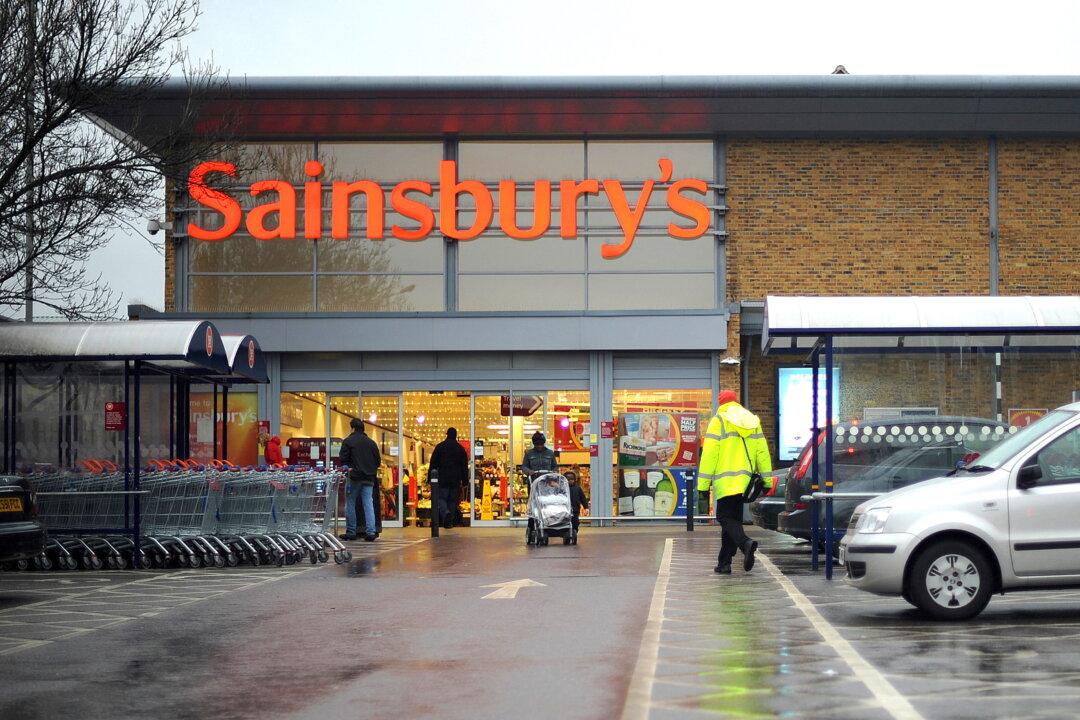British supermarkets have warned that tax changes in last week’s Budget will push up prices, passing extra costs on to consumers.
Retail bosses said that a “barrage of costs” coming from hikes in employer National Insurance contributions (NICs) and the national living wage will feed into a higher level of inflation.
Chancellor Rachel Reeves suggested that rather than lowering staff wages, businesses can “absorb” the employer NIC increases by accepting reduced profits or through efficiency gains.
However, Roberts said that retail and hospitality sectors shouldn’t be expected to absorb “this level of cost inflation without inflationary impacts.”
“So, I think it’s difficult to disagree that there will be inflation and that’s going to come fast as this cost impact flows,” he added.
Another retail giant, Asda, said that tax changes will lead to £100 million in extra costs for the business.
Asda chairman Lord Stuart Rose called the increase in employer taxes a “big burden for business to carry.”
He said that Asda will try to limit the costs passed on to the consumer, but acknowledged that prices will rise in some form.
“We are a very efficient industry, as retailers. We will do everything we can to mitigate this cost.
Business Rates and Farmers Tax
The government also plans to raise business rates on properties with a rateable value of £500,000 and above.This includes the majority of large distribution warehouses and covers 80 percent of Sainsbury’s stores.
The retail giant, currently paying around £500 million in business rates, anticipates the costs to increase next year.
Sainsbury’s urged the government to “level to playing field” and move quickly in its reform of business rates, which it called a “really difficult tax on the retail industry.”
Roberts also called on the government to “really listen” to concerns from British farmers, who opposed the Treasury’s decision to cut the inheritance tax relief on agricultural assets.
Quarter Results
Sainsbury’s said its sales (excluding fuel) were up 4.6 percent and grocery sales up 5 percent for the 28 weeks to Sept. 14, compared with the same period a year earlier.In like-for-like retail sales, excluding fuel, Sainsbury’s recorded grew by 3.4 percent for the period, driven by a 4.2 percent rise in the most recent quarter.
The supermarket firm also said it projects strong sales over the last months of the year, dubbed “the golden quarter” due to acceleration in sales in the lead-up to Christmas.
The retailer plans to invest an additional £13 million to increase store hours during the busy “golden quarter” period.







